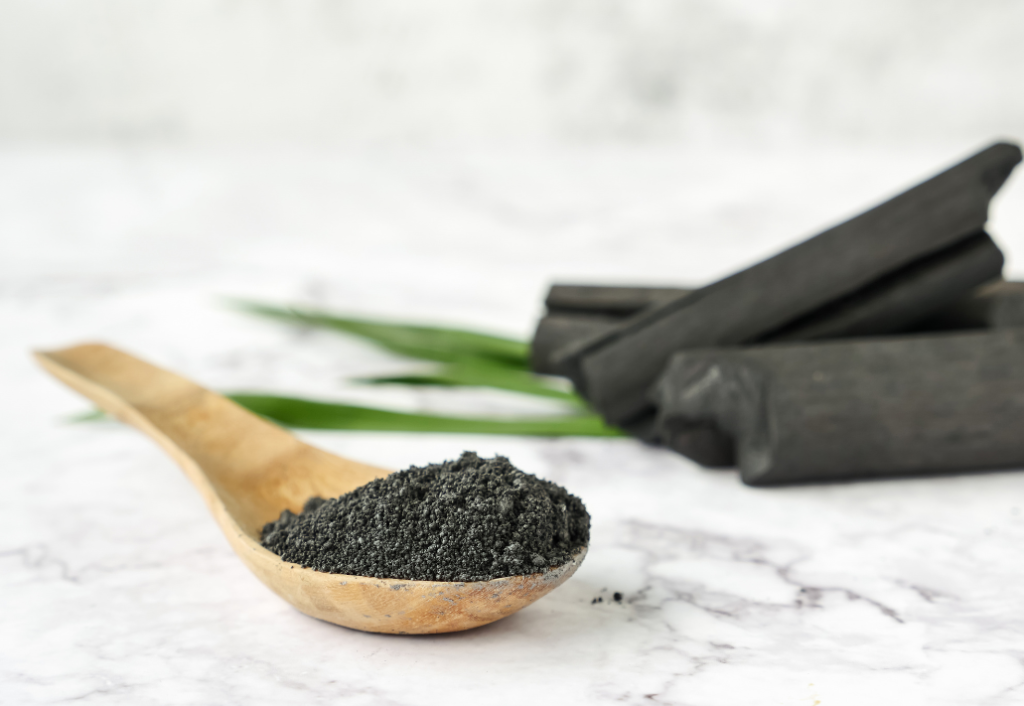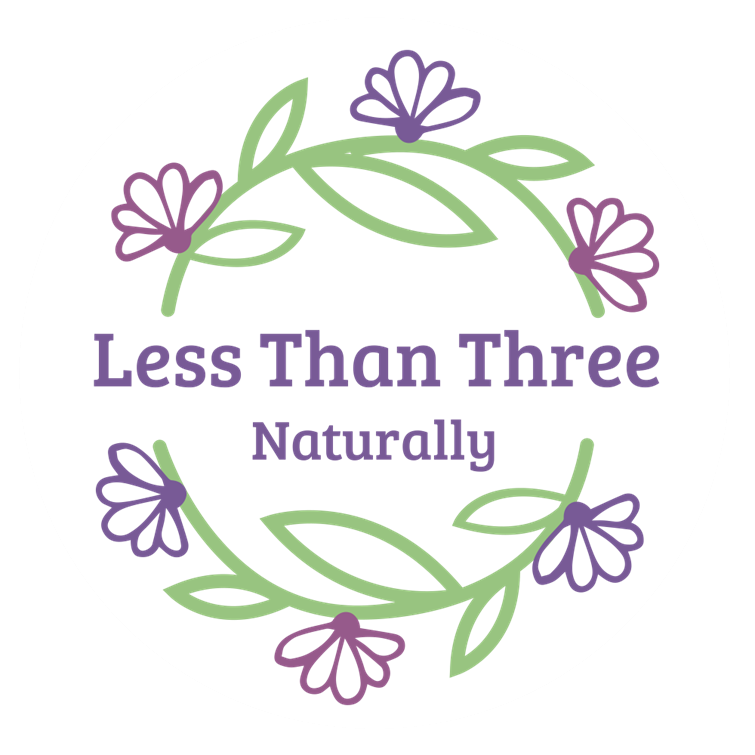
You’ll find activated charcoal in products ranging from facial cleansers and shampoos to soaps and scrubs. In recent years, activated charcoal has become a hugely popular ingredient in the beauty world. Despite limited research to back up its skin care benefits, many people have had positive outcomes with products such as charcoal masks, enjoying clearer skin and a healthier complexion.
The charcoal is “activated” when it’s heated to a very high temperature. This changes its structure. Heating gives the fine carbon powder a larger surface area, which makes it more porous. This lets the charcoal collect toxins, chemicals, and other unwanted materials, like smells from stinky feet and odors in the fridge.
Because it’s believed that it can draw bacteria and impurities from the skin, activated charcoal has also become a popular ingredient in face masks. The antibacterial properties of activated charcoal is believed to help lift bacteria from the pores.
Whether you’re looking to improve your complexion or fight acne, here’s a look at how activated charcoal may benefit your skin, as well as other practical uses for this product. Anecdotal evidence claims that by removing trapped dirt and bacteria from the skin, using a charcoal product such as a face mask can lead to a healthier, clearer complexion.
Before using activated charcoal, as with any new skincare product for the first time, it is always a good idea to test the product on a small patch of skin on the inside of your wrist or elbow. If you don’t experience any itching or redness within a few hours, then it’s probably safe to use for you.
References:
WebMD. (n.d.). The Truth About Activated Charcoal. [online] Available at: https://www.webmd.com/…/slideshow-truth-about-activated…. Accessed 6 Nov 2022.
Healthline. (2019). Charcoal Mask Benefits: How to Apply and What to Know. [online] Available at: https://www.healthline.com/…/bea…/charcoal-mask-benefits.
Accessed 6 Nov 2022.
